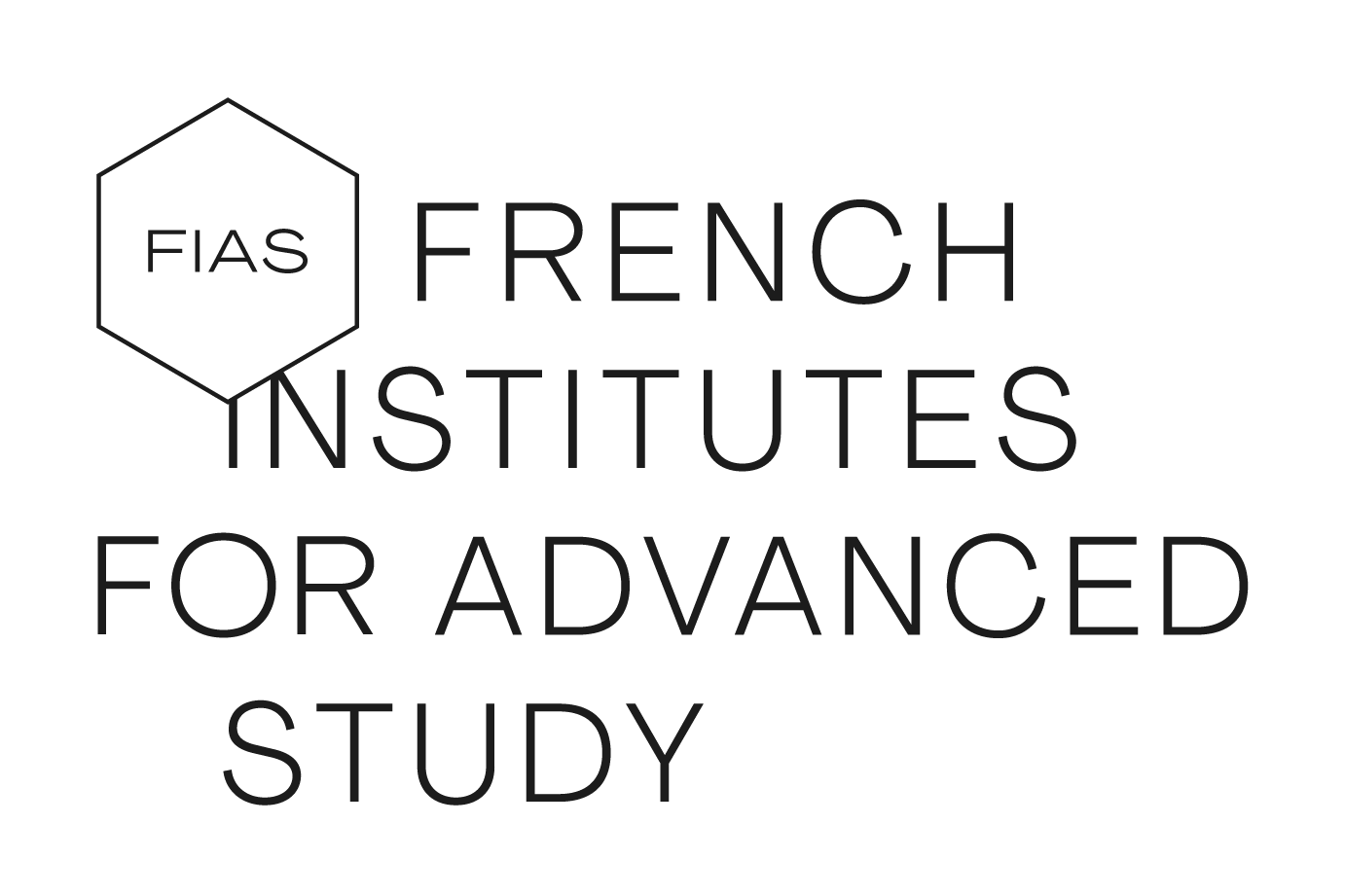Tine Destrooper
Tine Destrooper is the director of Justice Visions and an associate professor at the Faculty of Law and Criminology of Ghent University. Her research focuses on how those who experienced harm push for transitional justice in the aftermath of large scale violence. She currently carries out an ERC-funded cross-case analysis of the long term and unforeseen effects of ‘victim participation’ in transitional justice. She is also the coordinator of a cross-institutional project on future-proofing human rights accountability, and is engaged in various case studies regarding transitional justice in aparadigmatic contexts. In 2023 she was awarded a Fulbright Fellowship to undertake research at Columbia University’s Law School.
She is a member of the Flemish Young Academy, a Board member of the Flemish Human Rights Institute, an advisory board member of the Hannah Arendt Institute, and a member of the Research Council (Ghent University). She was also the director of the Center for Human Rights and Global Justice at New York University’s School of Law and of the Flemish Peace Institute.
In September 2024, she joins the Paris IAS as part of the French Institutes for advanced Study fellowship program - FIAS - co-funded by the European Union’s Horizon 2020 research and innovation programme under the Marie Skłodowska-Curie grant agreement No 945408. Her fellowship also benefits from the support of the RFIEA+ LABEX, with a national funding (Grant ANR-11-LABX-0027-01).

![]()

Research Interests
Human Rights, transitional Justice, historical injustices, legacies of violence, mobilization and social movements
Exploring the nexus between transitional, historical and social justice
In the postcolonial state, even if acts of injustice may have originated in a distant past, their consequences are still felt in the present because the same systematic inequalities and epistemic structures that inspired colonial harm still affect specific groups within society. In these contexts, there is need for ‘a larger reckoning with both the structures of power (...) and the histories that continue to resonate as afterlives’ (Rothberg 2020, 10).
Despite these challenges, there has been an explicit engagement with transitional justice rhetoric in post-colonial states, as well as a recent boom of truth-seeking initiatives - notably in European states seeking to address legacies of colonialism.
Yet, limited attention has been paid to whether the ‘truth’ notion and truth-seeking practices proposed in mainstream transitional justice literature, are per se relevant in struggles over historical injustices with much deeper roots and long afterlives.
This project will zoom in on how the notion of ‘truth’ is mobilized in these struggles for historical justice – and how this relates to mainstream transitional justice understandings of ‘truth’ and truth practices related to it. The ambition is to enrich this theoretical exercise with insights from a variety of struggles, through a collaboration with colleagues in Paris, France and beyond.
A central question in this research is how our understanding of truth in the context of struggles over historical injustice in the post-colonial state affect those struggles. This includes questions about how actors conceptualize the relation between notions of truth and justice, how justice itself is understood (i.e. in terms of social change, transformation, disruption, etc), and how do this shapes action repertoires.
Key publications
Destrooper, Tine, Line Engbo Gissel, and Kerstin Bree Carlson, eds. , Transitional Justice in Aparadigmatic Contexts. Accountability, Recognition, and Disruption, London and New York: Routledge, 2023.
Herremans, Brigitte, and Tine Destrooper, "Moving beyond formal truth practices and forensic truth in the Syrian conflict. How informal truth practices contribute to thicker understandings of truth", Social & Legal Studies, 32 (4):519-539, 2022.
Destrooper, Tine, "Remembering Martial Law. An eco-system of truth initiatives and the emergence of narrative documentation in the Philippines", International Journal of Transitional Justice 17 (3):370-387, 2023.
|
|
|
|
|
|
